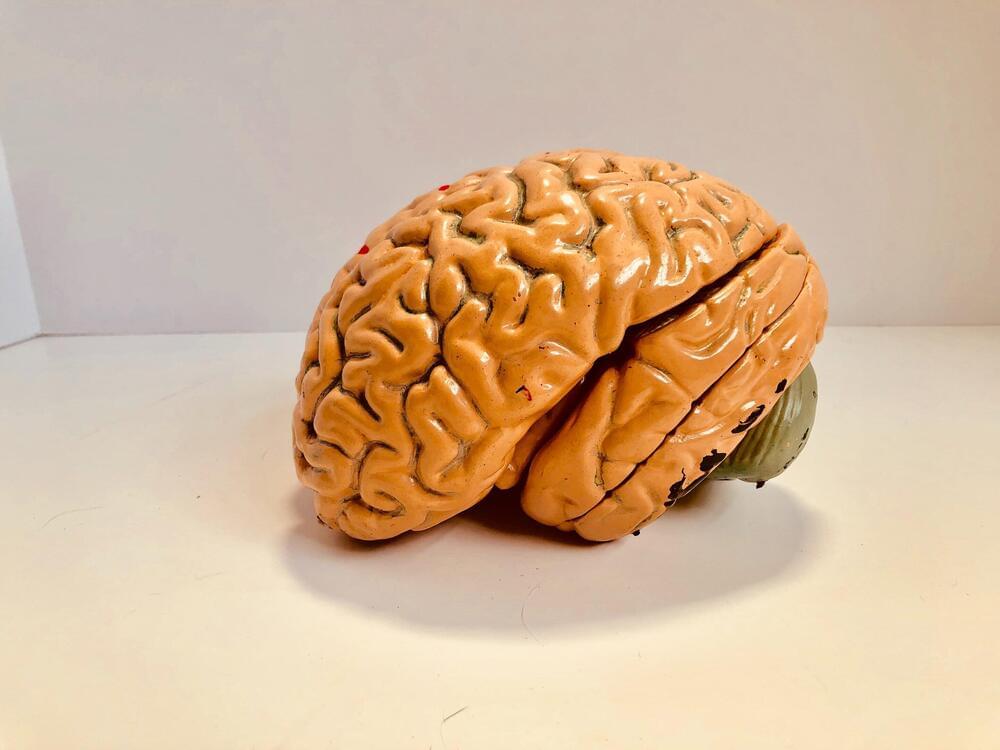The researchers looked at randomized, controlled intervention trials evaluating 27 different types of antioxidant supplements. They found strong evidence that several offered cardiovascular benefits. These included omega-3 fatty acid, which decreased mortality from cardiovascular disease; folic acid, which lowered stroke risk; and coenzyme Q10, an antioxidant sometimes marketed as CoQ10, which decreased all-cause mortality. Omega-6 fatty acid, L-citrulline, L-arginine, quercetin, melatonin, curcumin, Vitamin D, zinc, magnesium, alpha-lipoic acid (ALA), catechin, flavanol, and genistein also showed evidence of reducing cardiovascular risk.
Not all supplements were beneficial. Vitamin C, Vitamin D, Vitamin E, and selenium showed no effect on long-term cardiovascular disease outcomes or type-2 diabetes risk. And beta carotene supplements increased all-cause mortality.
Healthy dietary patterns are rich in micronutrients, but their influence on cardiovascular disease (CVD) risks has not been systematically quantified.
The goal of this study was to provide a comprehensive and most up-to-date evidence-based map that systematically quantifies the impact of micronutrients on CVD outcomes.
This study comprised a systematic review and meta-analysis of randomized controlled intervention trials of micronutrients on CVD risk factors and clinical events.





